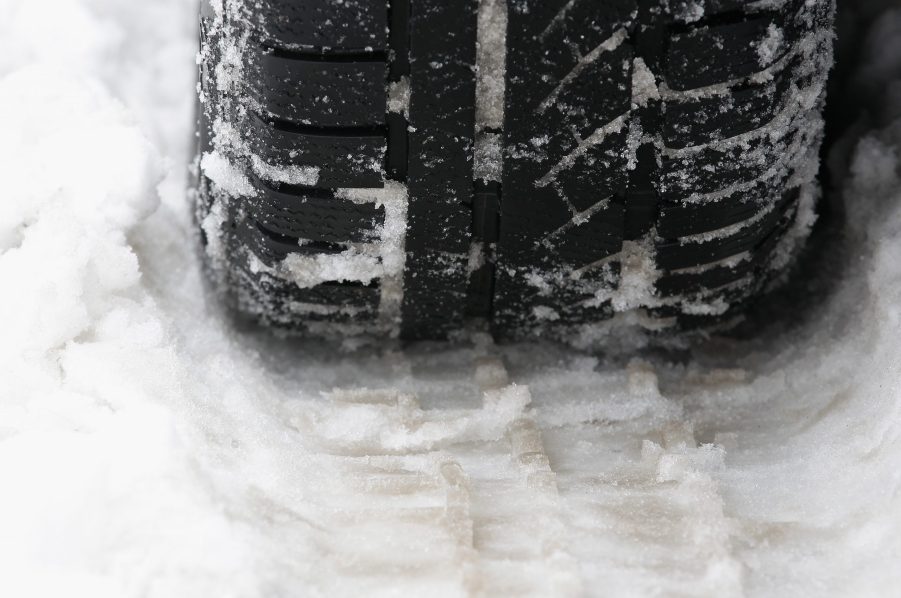
How to Know if Your Tires’ TPMS Going Bad
Tire Pressure Monitoring Sensors a quick and easy way for us to ensure our tires are inflated to the optimal pressure. Having tires that are overinflated, or under-inflated, can be dangerous to us and our vehicles, so being able to quickly monitor tires helps to reassure car owners that their tires are at the PSI that they need to be. Many factors can impact the pressure inside of a tire, such as temperature and small leaks, so knowing when your TPMS sensor has gone bad is a crucial part of tire and car safety.
Modern-day sensor systems
In many modern cars, the TPMS system can give us real-time information regarding the inflation level of our tires. While it became standard decades ago to see a low-tire light pop up on the dashboard, newer systems will go as far as telling you the numerical PSI value that your tire is at. If the system goes awry, you may notice some numbers that are wildly inconsistent, such as a tire that says it’s completely out of air when it is visibly full — though that isn’t noticeable with vehicles equipped with run-flat tires.

When tire pressure monitoring sensors fail
According to Popular Mechanics, there are a number of ways that you can test to see if your TPMS are, in fact, failing. This could be hinted at by loss of air that isn’t explainable anywhere else in the tire or wheel itself or an error message on the dash. The website notes that you shouldn’t rely on TPMS alone, as they can give faulty or inaccurate readings, and checking your tire pressure manually should still be a quick part of your routine.

Fixing or replacing your TPMS
Faulty TPMS are typically inexpensive to replace and can be done quickly and easily while changing or putting on new tires. Some vehicle computers allow for a simply pairing procedure that make it an easy DIY project, while others can become more complicated. Sometimes TPMS simply need to me reset, and while the protocol for every car can vary slightly for this process it’s generally pretty quick and easy as well.



